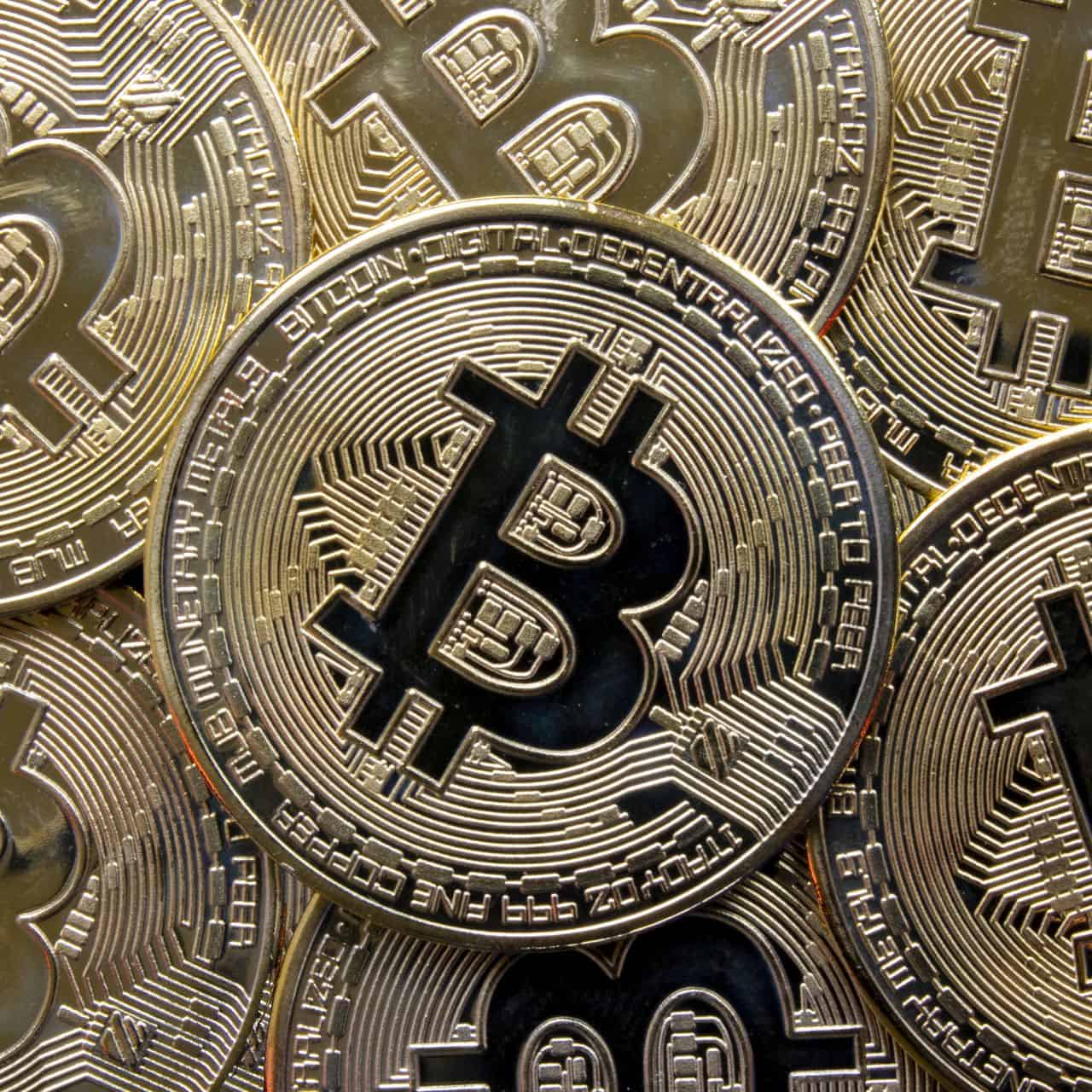Up more than 30% in the last two weeks, Bitcoin seems to be benefiting from troubles in the banking sector. But can it actually replace banks?
Many believe that the recent turmoil in the banking industry is the reason for Bitcoin‘s (BTC -0.16%) recent jump and why it moved past $28,000 for the first time in nine months. While it might come as a surprise, serving as an alternative to banks is one of the primary reasons Bitcoin was invented. Back in 2009, its pseudonymous creator Satoshi Nakamoto unveiled Bitcoin to the world as a response to the massive bailout banks received after the fallout of the Great Recession.
To Nakamoto, it likely comes as no surprise that Bitcoin benefits from the banking chaos in early 2023. Its sole purpose was to provide people with another option to store and send money that didn’t rely on the highly opaque and, at times, shady operations of banks.
A novel design to compete with banks
To fully understand why Bitcoin is benefiting and how it could become a more viable option in the future, we need to examine the characteristics that make it unique.
1. Decentralization
Because Bitcoin operates on a decentralized network, no single entity, such as a government or financial institution, can control it. This high level of decentralization provides users with more freedom, autonomy, and resistance to censorship or manipulation.
2. Financial inclusion
While citizens in developed economies have easy access to banking products, people in other parts of the world don’t always have this luxury. With Bitcoin, all one needs is an internet connection, and one can send money, pay remittances, and store value without needing a bank.
3. Transparent security
Since Bitcoin operates on a blockchain, all transactions are public and immutable, so they can never be altered or removed. This combination of transparency and security makes transactions on the Bitcoin blockchain easy to verify and trace. As such, the risks of fraud and corruption become almost nonexistent.
4. Privacy
Although Bitcoin transactions are public, there’s an added level of privacy because transactions aren’t linked to any personal information. The only piece of information tied to transactions are public addresses that are in the form of a random, unique combination of letters and numbers. Theoretically, someone could trace all transactions coming from an address, but the likelihood of actually knowing who is behind them remains difficult.
5. Programmable money
Thanks to a 2021 update known as Taproot, Bitcoin became able to support smart contract functionality. With smart contracts, various financial processes can become automated and streamlined as they execute predefined actions when particular criteria are met. This inevitably leads to increased efficiency and new business models.
While we can only guess, it would be easy to assume that Bitcoin is doing exactly what Nakamoto intended it to. Banks aren’t as safe as advertised and are often involved in corruption and malpractice. And when they do fail, they get bailed out while citizens bear the brunt of the fallout. When people begin to realize this, Bitcoin will likely continue garner attention from those looking for a way out of the status quo.
A necessary disclaimer
I’ll be the first to admit that the premise of Bitcoin replacing banks remains slightly far-fetched at the moment. Critics of Bitcoin almost always point to the fact that it could never serve as an alternative to traditional banking while its volatility remains so high and deposits held in banks are insured up to $250,000 by the U.S. government.
However, these price fluctuations are likely a temporary phenomenon. Volatility is a characteristic of assets with a small market cap. As Bitcoin’s overall value begins to grow, its volatility will likely come down.
But for the time being, it seems that Nakamoto’s vision might be unfolding before our eyes, as more people are becoming aware that banks aren’t completely free of risk and often use customer funds for speculative activities. Should more turbulence hit the banking sector, Bitcoin might just continue to climb.

